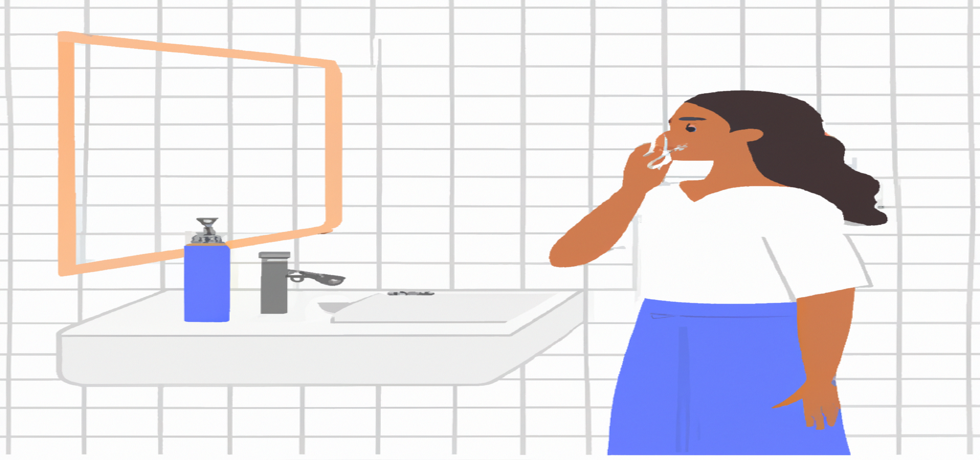
Unveiling the Skin’s Response to Hard Water
Understanding Hard Water and Its Influence
Hard water is a common phenomenon in many parts of India, characterized by high levels of dissolved minerals, primarily calcium and magnesium. But have you ever considered how hard water may impact the health of your skin? As dermatologists at The Skin Artistry, we frequently observe a range of skin issues stemming from the use of hard water. This blog delves into the side effects hard water has on your skin and how you can mitigate these effects for healthier skin.
The Effects of Hard Water on Skin Hydration
One of the primary side effects of hard water is that it disrupts the skin’s natural moisturization process. When hard water comes in contact with skin, the un-dissolved salts can interfere with its outer protective layers, leading to excessive dryness. Individuals who are already prone to dry skin conditions will particularly struggle with this issue, making them susceptible to skin sensitivities and irritations. Proper hydration is essential for maintaining a healthy skin barrier, and hard water poses a serious threat to this balance.
Acne Development and Hard Water
It’s surprising, but hard water can also result in an increase in acne cases, especially those that appear later in life. The salts found in hard water can precipitate on the skin and potentially provoke breakouts. Numerous patients at The Skin Artistry disclose that they’ve developed persistent acne without any obvious hormonal triggers. Regular exposure to hard water can exacerbate conditions such as atopic dermatitis, which can make managing these skin issues even more challenging.
Back Acne: A Common Concern
Another alarming consequence of using hard water is the prevalence of back acne, which can sometimes reach severe levels. This common issue can be attributed to the sediments left on the skin after washing. If you find yourself struggling with back acne, consider reevaluating your bathing practices and the quality of the water youre using. Swapping out hard water for softer water solutions may yield significant improvements in your skin condition.
Actionable Solutions for Healthier Skin
So, how can you protect your skin from the adverse effects of hard water? Start by using a gentle, hydrating cleanser that can help lift the salts away from your skin. Incorporating moisturizing lotions or creams particularly designed for dry skin after bathing can also be beneficial. Additionally, consider using a water softener to reduce the hardness of your indoor water supply. These steps can form part of your daily skincare routine and help improve your overall skin health.
Conclusion
Being aware of how hard water affects your skin is the first step toward achieving and maintaining healthier skin. Whether you’re dealing with excessive dryness, acne, or back acne, understanding the role of hard water is crucial. By taking proactive steps and seeking out the right skincare products, you can mitigate these risks effectively.
Frequently Asked Questions
Q: Can hard water trigger acne?
A: Yes, hard water can contribute to acne development, especially for those who have sensitive skin or pre-existing conditions.
Q: How can I soften my water?
A: Using a water softener is one of the most effective ways to reduce hardness in your water supply and subsequently help your skin.

